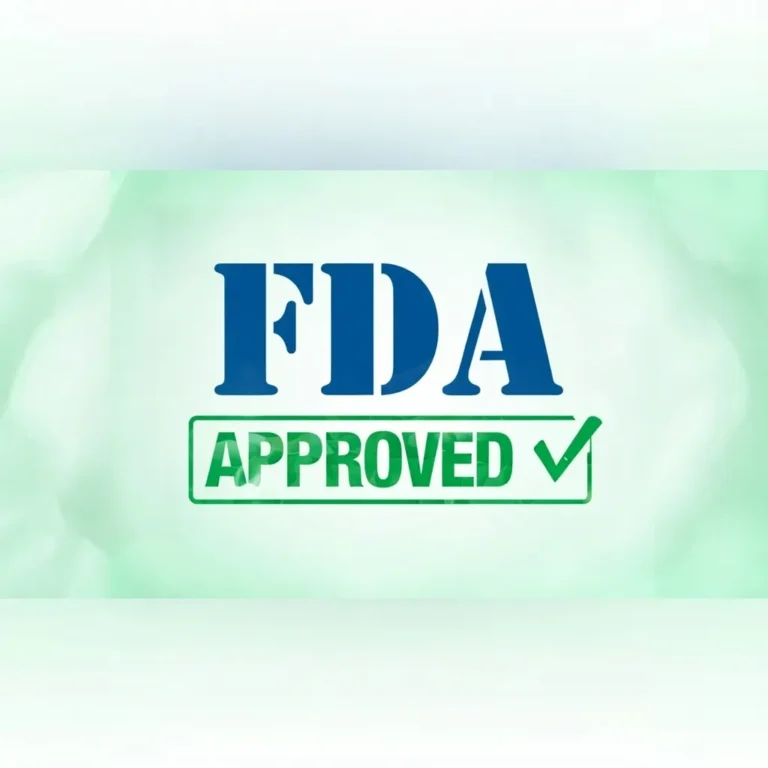
Regeneron Pharmaceuticals, Inc. (NASDAQ: REGN) and Sanofi have announced that the U.S. Food and Drug Administration (FDA) has granted approval for Dupixent® (dupilumab) as an add-on maintenance therapy for adolescents aged 12 to 17 years with inadequately controlled chronic rhinosinusitis with nasal polyps (CRSwNP). This new approval extends Dupixent’s previously established use for adults, following its initial FDA approval in June 2019 for patients aged 18 and older. The FDA granted this expanded indication under Priority Review, which is designated for treatments that offer significant improvements in efficacy or safety for serious conditions.
CRSwNP is a chronic upper airway disease characterized by type 2 inflammation, causing sinus and nasal passage obstructions. This condition can result in breathing difficulties, nasal congestion and discharge, loss of smell and taste, facial pressure, sleep disturbances, and a diminished quality of life. Standard treatments, such as systemic steroids and surgery, may alleviate symptoms but often fail to fully control or prevent the recurrence of nasal polyps. In the U.S., around 9,000 adolescents are affected by inadequately controlled CRSwNP.
“We are excited to extend Dupixent’s proven efficacy and safety to adolescents suffering from CRSwNP, a condition that significantly impacts their breathing and sense of smell,” said George D. Yancopoulos, M.D., Ph.D., Board co-Chair, President, and Chief Scientific Officer at Regeneron, and a principal inventor of Dupixent. “With over a million patients worldwide now treated with Dupixent across a range of type 2 inflammatory diseases, this approval underscores our ongoing dedication to transforming treatment approaches for these challenging conditions.”
Brian Foard, Executive Vice President and Head of Specialty Care at Sanofi, added, “This approval represents the first time a biologic has been specifically approved for adolescents with CRSwNP, offering an alternative to current standard treatments. Dupixent remains a cornerstone of our leadership in immunology, and this latest development highlights our commitment to advancing scientific breakthroughs for patients with unmet medical needs.”
The approval is based on data from two pivotal trials, SINUS-24 and SINUS-52, which demonstrated that Dupixent significantly improved nasal congestion and obstruction, reduced nasal polyp size, and enhanced the sense of smell. The treatment also lowered the need for systemic corticosteroids or surgery compared to placebo over 24 weeks. Additional support came from pharmacokinetic data and safety findings from trials involving adolescents aged 12 years and older with moderate-to-severe asthma, as well as adults with inadequately controlled CRSwNP.
In these trials, Dupixent’s safety profile in adults was consistent with previous indications, with common adverse events including injection site reactions, eosinophilia, insomnia, toothache, gastritis, arthralgia, and conjunctivitis.





